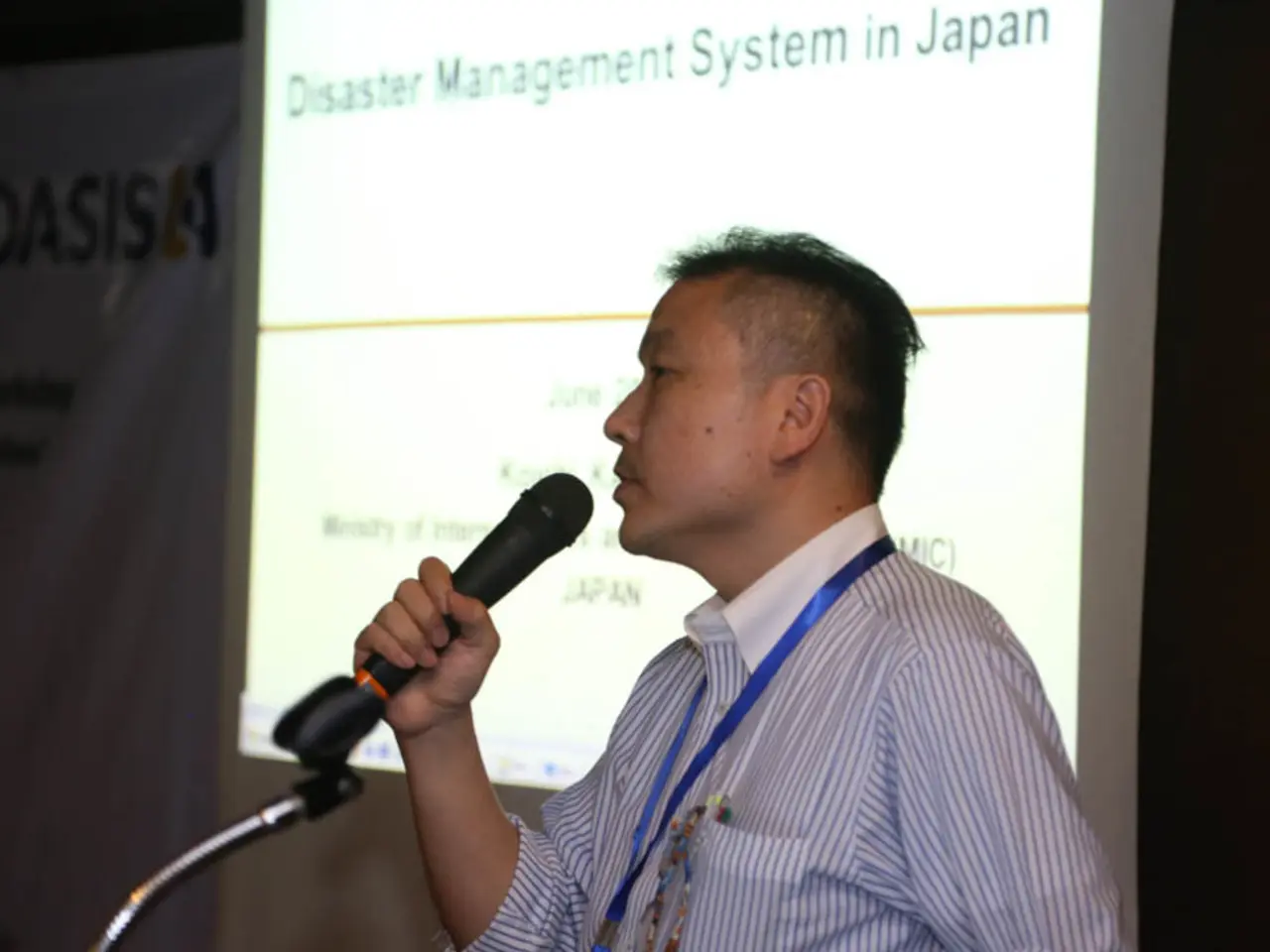Experts advocating for Realism discussed at the Fleet APAC Expert Gathering in the Asian region
In the dynamic landscape of Asia-Pacific (APAC) fleet management, a phased transition towards sustainability is suggested, with hybrid vehicles potentially playing a role in this transformation. However, decisions regarding cash, lease, or purchase should be made according to local circumstances, influenced by global preferences but tailored to regional needs.
To address local fleet challenges effectively, APAC organizations are recommended to opt for local tendering processes accompanied by comprehensive response templates. This strategy allows for the leverage of regional expertise, infrastructure, and regulatory understanding, which are crucial in APAC's diverse regulatory and logistical landscape.
Comprehensive response templates in Request for Proposal (RFP) documents streamline the evaluation process and ensure all bidders address critical criteria. These templates should cover essential factors such as compliance with regional safety standards, data integration, and capacity for real-time visibility. Including sections for details on technology integration (e.g., Internet of Things, AI analytics), scalability, and support for diverse vehicle types will improve the quality of responses and decision-making.
Fleet managers in APAC advocate for several additional considerations:
- Emphasizing partners' capabilities in supply chain resilience and adaptability, given the volatile environment in Southeast Asia and the importance of digital visibility and advanced analytics for supply chain agility.
- Opting for solution providers offering hardware-agnostic platforms that ensure unified management of mixed fleets, addressing operational blind spots commonly faced in APAC fleet operations.
- Accounting for infrastructure challenges in emerging markets, especially for Electric Vehicle (EV) fleets where local infrastructure may be less mature.
- Encouraging proposals that demonstrate cost efficiency alongside resilience, leveraging regional hubs such as Vietnam, Thailand, Malaysia, and India for competitive advantages.
- Ensuring templates require information on data security and privacy compliance given APAC’s increasing regulatory focus and the criticality of fleet data for operational decisions.
Furthermore, fleet managers emphasize the importance of prioritizing employee safety above all else and the need for the professionalization of the supply chain. While electrification is not currently the primary focus, sustainability is a key consideration in fleet management, particularly in Asia.
In conclusion, adopting a localised and sustainable approach to fleet management in APAC can help organisations overcome local challenges by selecting suppliers that are not only cost-effective but also regionally adaptive, technologically capable, and operationally resilient.
- To achieve a sustainable and cost-effective fleet management strategy in APAC, organizations should prioritize partners who can provide hardware-agnostic platforms for managing electric vehicles, considering the potential infrastructure challenges in some regions.
- In the process of implementing fleet management solutions, it's crucial for APAC companies to emphasize the importance of Total Cost of Ownership (TCO) calculations, given the need for finance-centered decision making in business, and the transition towards electric vehicles as part of a broader sustainability effort.




